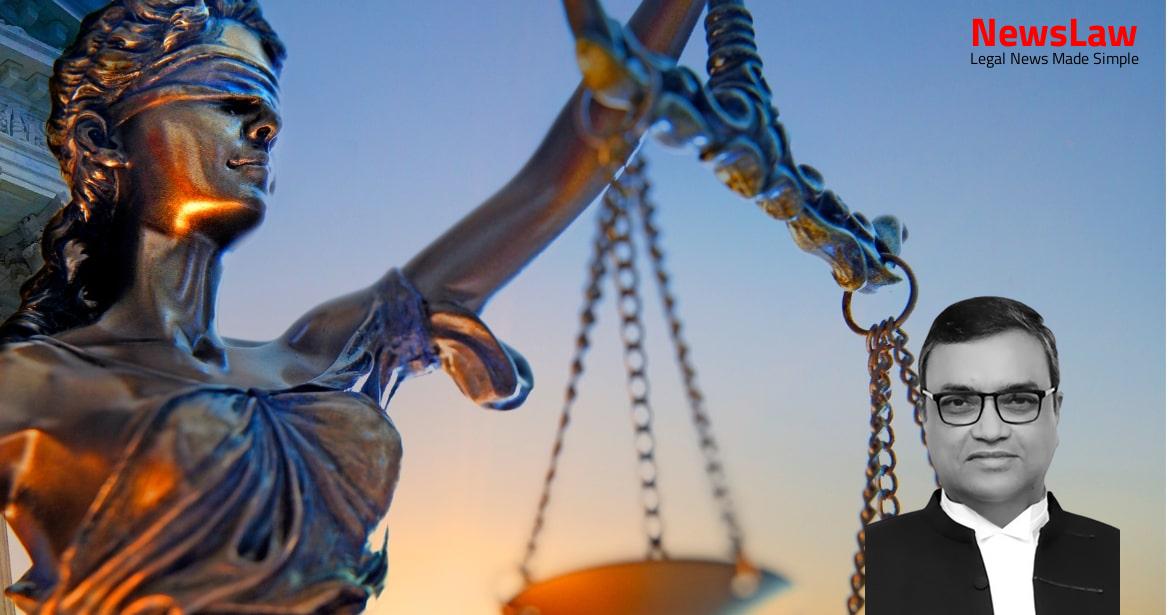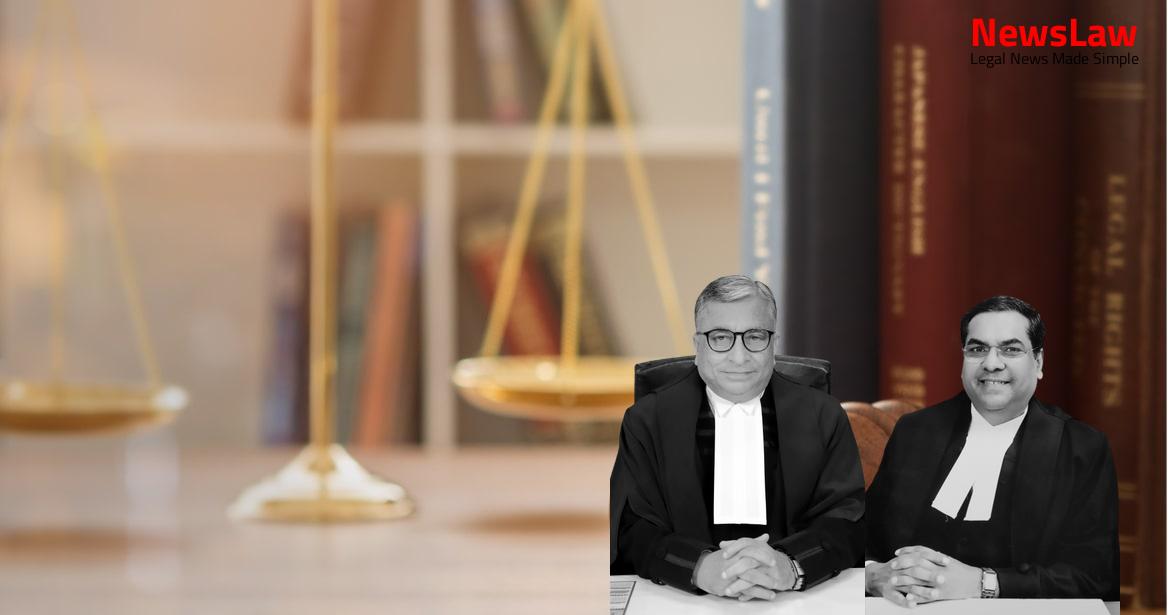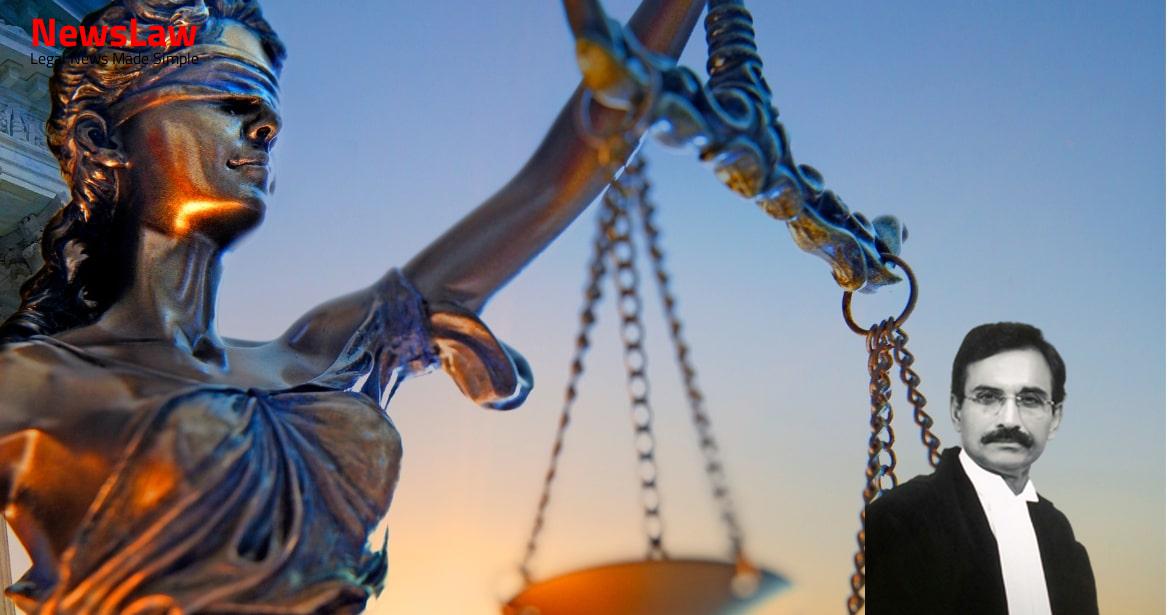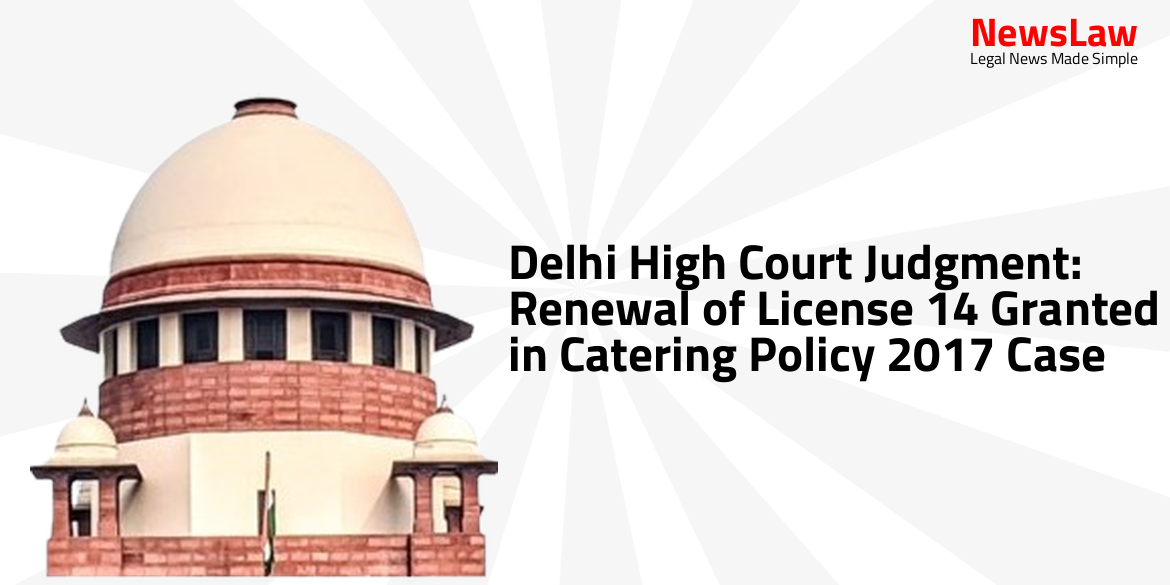(C) _____/2023
Also Read: https://newslaw.in/supreme-court/legal-analysis-of-claim-for-loss-of-profit-in-delayed-contract/
[@Diary No(s).
(C) _____/2023 [@Diary No(s). (C) _____/2023 [@Diary No(s). (C) _____/2023 [@Diary No(s). (C) _____/2023 [@Diary No(s). (C) _____/2023 [@Diary No(s). (C) _____/2023 [@Diary No(s). (C) _____/2023 [@Diary No(s). (C) _____/2023 [@Diary No(s). (C) _____/2023 [@Diary No(s). (C) _____/2023 [@Diary No(s). (C) _____/2023 [@Diary No(s). (C) No 353/2022; Conmt. (C)
No 354/2022; Conmt.
(C) _____/2023 [@Diary No(s). (C) _____/2023 [@Diary No(s). (C) _____/2023 [@Diary No(s). (C) No 504/2022; Conmt. (C) No 505/2022; Conmt. (C) _____/2023 [@Diary No(s). (C) _____/2023 [@Diary No(s). (C) _____/2023 [@Diary No(s). (C) _____/2023 [@Diary No(s). 3480/2023] ; Civil Appeal No._____/2023 [@SLP (C)
No 3352/2021
] 1. Permission to file Contempt Petitions in Civil Appeal No 5808/ 2017 is granted. But the Commission shall hereafter be competent to select and nominate teachers to various Madarshas in accordance with the provisions of the Commission Act and the Rules framed thereunder.” All the petitioners argued that even during the pendency of the proceedings in appeal, contempt proceedings had been drawn seeking release of salaries of teachers who were appointed after the provisions of the Act were declared unconstitutional by the High Court.
After notice was issued in this contempt proceedings and considering the submissions of the parties, this Court had on 12.07.2022 directed the respondents (alleged contemnors) to consider and verify the claims of the petitioners to examine whether they were legal and valid and release appropriate amounts. The contempt petitioners in their response urged that there are express directions of this court to release salaries of the contempt petitioners without insisting on verifying genuineness of their claims of being teaching/non-teaching staff or having requisite qualifications as required by law. It is argued that all that this court did in the final judgement was to hold appointments of individuals made during the pendency of the appeals and the High Court judgement valid. This court, in its judgement set aside those findings of the High Court regarding validity of the Act. In our considered view going by the principles laid down in the decision in TMA Pai Foundation case, the concerned provisions cannot, therefore, be said to be transgressing the rights of the minority institutions. Sindhi Education Society and Chandana Das (Malakar) dealt with statutory regimes which did not have any special features or matters concerning compatibility of teachers which could be required going by the special characteristics of the minority educational institutions. Also there is no discussion regarding rules/regulations, applicable circulars and guidelines in terms of which aided and unaided recognized institutions could make appointments, having regard to the standard of education required and the requisite experience; whether a transparent method was followed; whether the madrasa concerned was recognized one or not; whether the committee or body selecting the individual was constituted in accordance with the rules and regulations, etc. In these circumstances, given the nature of the interim orders made during the pendency of the appeal, there can be no doubt that the court declared the appointments to be valid to the extent, they conformed to the concerned rules and binding norms. The Courts must not, therefore, travel beyond the four corners of the order which is alleged to have been flouted or enter into questions that have not been dealt with or decided in the judgment or the order violation of which is alleged. Tarak Nath Ganguly [(2002) 5 SCC 352 : 2002 SCC (L&S) 703], V.M. In these circumstances, this court is of the opinion that further proceedings cannot be continued as no determination can be made unless there is a due verification in regard to the employment of each of the petitioners.
Jain, the learned counsel appearing for the appellant, that unless the learned Judge goes into the correctness of the decision taken by the Government in preparation of the seniority list in the light of the law laid down by three Benches, the learned Judge cannot come to a conclusion whether or not the respondent had wilfully or deliberately disobeyed the orders of the Court as defined under Section 2(b) of the Act.
The question is whether seniority list is open to review in the contempt proceedings to find out whether it is in conformity with the directions issued by the earlier Benches. After re- exercising the judicial review in contempt proceedings, a fresh direction by the learned Single Judge cannot be given to redraw the seniority list. Therefore, the Division Bench has exercised the power under Section 18 of the Rajasthan High Court Ordinance being a judgment or order of the Single Judge; the Division Bench corrected the mistake committed by the learned Single Judge. Any direction issued or decision made by the High Court on the merits of a dispute between the parties, will not be in the exercise of “jurisdiction to punish for contempt” and, therefore, not appealable under Section 19 of the CC Act. If the High Court, for whatsoever reason, decides an issue or makes any direction, relating to the merits of the dispute between the parties, in a contempt proceedings, the aggrieved person is not without remedy.
During the hearing this court had suggested constitution of a committee which would examine all relevant factors and verify the claims of the petitioners which could then be considered and acted upon by the same. During the hearing, the court had suggested constitution of a committee which would go into all relevant factors and verify the claims of the petitioners which would then be considered and acted upon by the same. The Committee is requested to consider the claims of the petitioner, keeping in mind the following: (a) Whether the madrasa or its managing committee was recognized by the state government on the date on which the appointment was made? (c) Whether such an appointment was made by following the recruitment procedure indicated in the Kolkata Gazette Notification dated 11-03- 2015 (No.
Case Title: SNEHASIS GIRI Vs. SUBHASIS MITRA (2023 INSC 97)
Case Number: CONMT.PET.(C) No.-000352 / 2022



